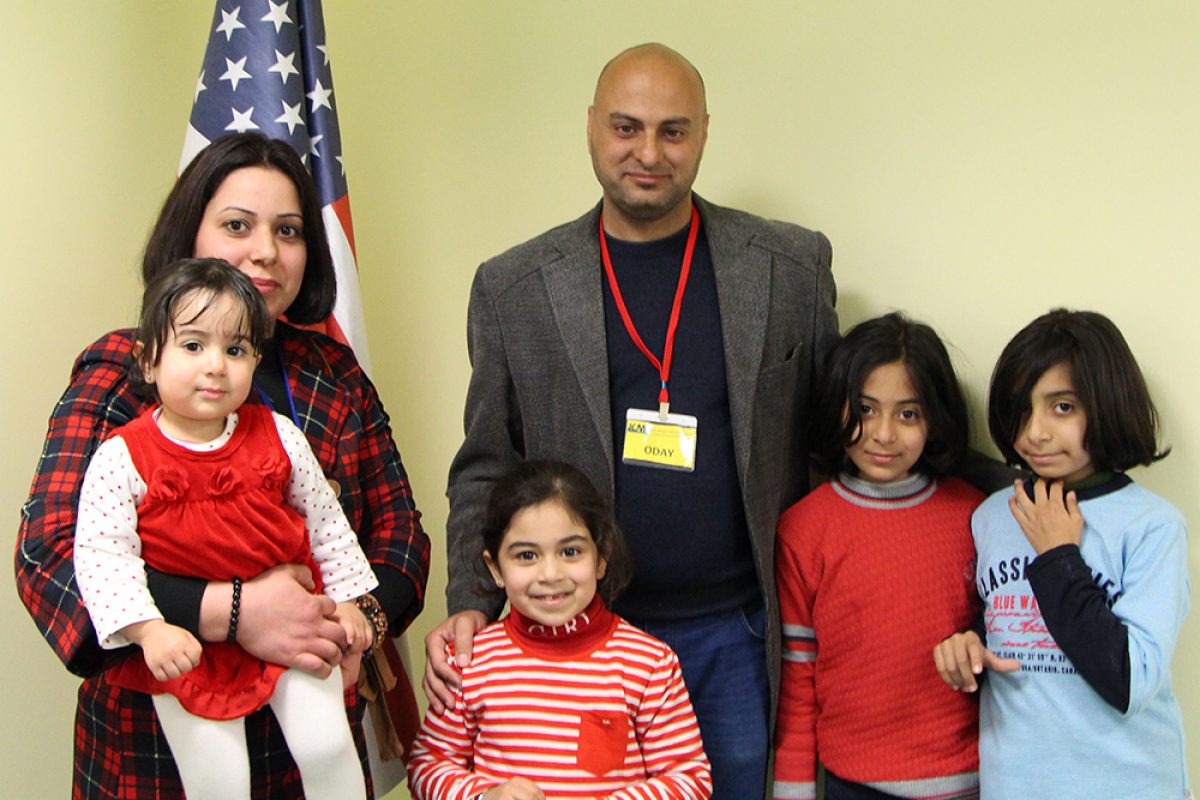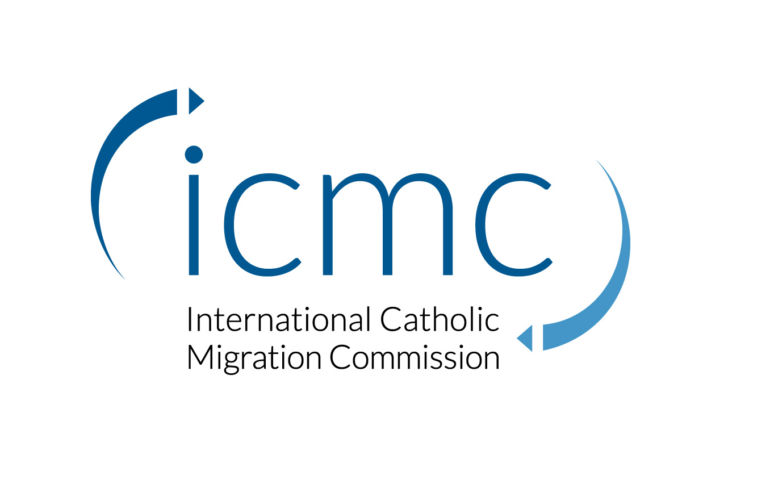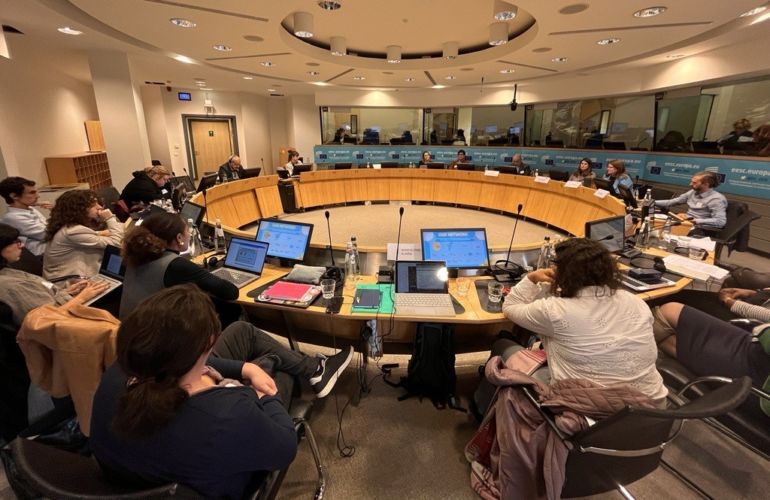“America Welcomes Refugees; That Is Who We Are, That Is What We Do”

“We are currently in the midst of the world’s greatest forced displacement crisis on record, and for our nation, which leads by example, to lower the number of refugee admissions for those who are in need is unacceptable,” reads a statement issued by the United States Conference of Catholic Bishops (USCCB).
Released on 27 September by the Chairman of the USCCB Committee on Migration, Bishop Joe S. Vásquez, the statement condemns the U.S. Administration’s decision to significantly reduce the number of refugees admitted to the country for the third consecutive year.
“Turning a blind eye to those in need with such callous disregard for human life would go against the values of our nation,” states Bishop Vásquez, who also calls on government officials to restore historic refugee resettlement numbers.
The statement comes in response to the recent Presidential Determination setting at an historic low of 18,000 the target number of refugees to be allowed into the country between October 2019 and September 2020. The figure is the lowest since implementation of the Refugee Act in 1980, and approximately one-fifth of the annual average.
In the statement, Bishop Vásquez also expresses deep concern about an Executive Order that permits state and city officials to turn away refugees from their communities. This could create a “confusing patchwork” across the country of areas of welcome and exclusion, he notes.
A Welcoming Tradition That Benefits Everyone
The 27 September statement follows one earlier that month that reminded government officials of the U.S. tradition of protecting the most vulnerable. It also emphasized the beneficial role that refugees have played in shaping the country’s economy and society.
“America welcomes refugees; that is who we are, that is what we do,” reads the statement from 13 September. “Beginning with European refugees in the aftermath of World War I, the Catholic Church in the United States has more than a century of experience resettling vulnerable populations to a safer life and one in which they have contributed to the greatness of America.”
Talk of decreasing refugee admissions comes at a time when 1,4 million refugees urgently need resettlement to save their lives. “As Pope Francis has said we must work for ‘globalization of solidarity’ with refugees, not globalization of indifference. Rather than ending the program, we should work instead to restore [it] to its historic norms of an annual resettlement goal of 95,000” refugees, urged a previous USCCB statement published in July.
This course of action would be in line with the U.S.’s influential position worldwide and its tradition of welcoming vulnerable refugees, says Bishop Vásquez in the 27 September statement. “Given the unprecedented humanitarian need and the crucial global leadership role that our country plays, we strongly urge the Administration and Congress … to work together to restore U.S. refugee resettlement to normal, historical levels.”
Since its founding in 1951, the International Catholic Migration Commission (ICMC) has assisted the United States government by facilitating applications of United Nations-recognized refugees to apply for resettlement in the USA.
Its largest resettlement support program took place during the 1980s and 1990s, when ICMC assisted some 500,000 Vietnamese, Cambodian and Laotian refugees to be resettled in the USA, Canada, Europe and Australia. The children and grandchildren of those refugees have distinguished themselves in their academic studies and in their business and professional careers.
According to research, refugees resettled to the U.S. between 1987 and 2016 have lower unemployment rates than the overall population. A high proportion of them are self-employed and many contribute to job creation by employing others. As they integrate, they tend to exceed national levels of homeownership and personal income and are less likely than native-born Americans to fall beneath the poverty line.
ICMC presently processes applications of refugees seeking to be resettled both in the U.S. and in Europe. A significant majority of these refugees comes from Syria and Iraq and have received temporary asylum in Turkey and Lebanon. Others come from various conflict-torn countries of Africa, Asia, the Middle East, and Latin America. In July, ICMC expressed deep concern about the severe impact of reduced U.S. resettlement numbers would have on thousands of vulnerable refugees in need of life-saving assistance.
“ICMC has been privileged to restore dignity and inspire change among hundreds of thousands of refugees by facilitating resettlement to the United States and many other countries,” said Msgr. Robert J. Vitillo, ICMC Secretary General. “We have witnessed the hard work, expertise, and talents that resettled refugees contribute to their resettlement countries.” These refugees include persecuted ethnic and religious minorities as well as survivors of torture or sexual and gender-based violence, for whom resettlement is the only durable solution.
- Read the USCCB statements from 19 July, 13 September and 27 September

